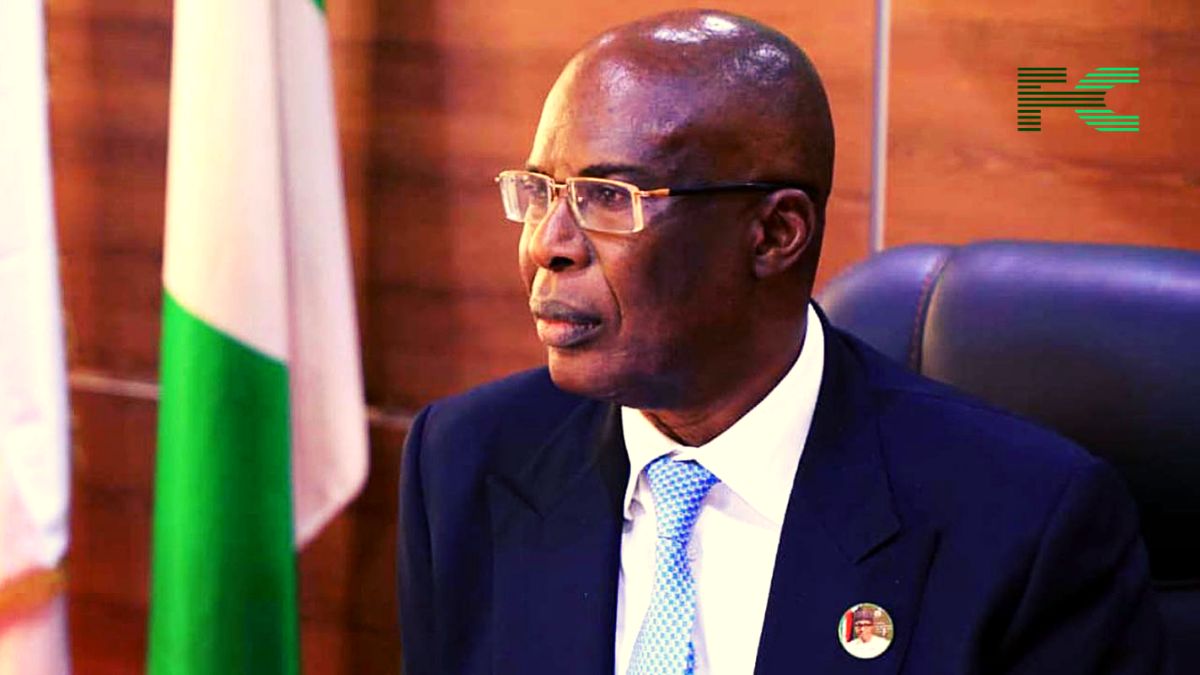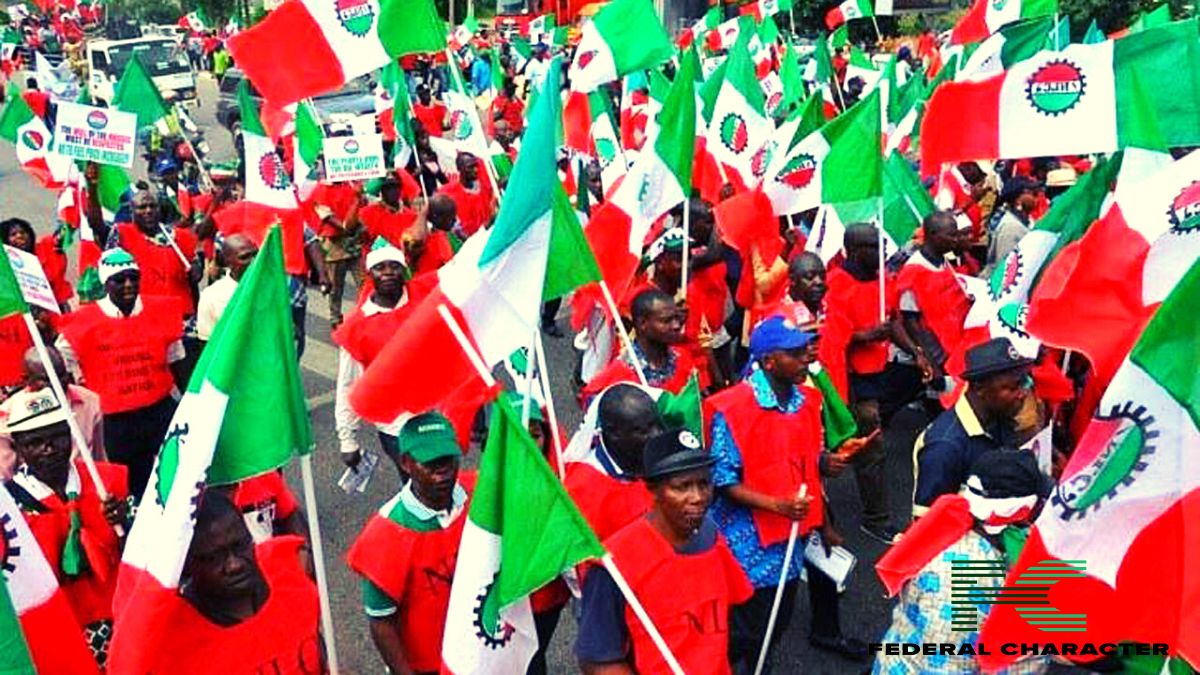The environmental crisis crippling southern Tunisia exploded into the nation’s capital on Saturday as hundreds of protesters marched through Tunis, demanding the right to clean air and transforming a local health disaster into the most significant political challenge to President Kais Saied’s rule.
Chanting in solidarity with the southern city of Gabes, demonstrators carried a simple, devastating message: “The people of Gabes want to breathe.” This mobilization, sparked by the hospitalization of dozens of schoolchildren from toxic fumes earlier this month, signals that public fury over state-sponsored pollution can no longer be contained to the marginalized provinces.
The protest marks a dangerous escalation for the Saied administration. What began as local unrest in Gabes over a state chemical plant’s lethal emissions—blamed for skyrocketing rates of cancer and respiratory disease—has now reached the seat of power. The government, already grappling with a severe economic crisis, fears the demonstrations in Tunis could “spark unrest elsewhere,” revealing a regime acutely aware of its vulnerability.

Protesters from the “Stop Pollution” campaign condemned the official response as “repression,” while the government claimed it made arrests for “violence.” This clash underscores a deepening rift between a population demanding fundamental change and an authority structure struggling to manage a catastrophe of its own making.
Why It Matters
President Saied’s description of the Gabes situation as an “environmental assassination” is a damning admission, but his proposed solutions (including repairs to the existing plant and a promise of a future cancer hospital) are a profound failure of leadership. They are tactical concessions designed to quell anger, not a strategic vision to solve the problem.
The march in Tunis proves that the fight for environmental justice is now inextricably linked to the fight for political accountability. By bringing their protest to the capital, citizens are delivering an unambiguous ultimatum: the state can either shut down the polluting facilities killing its people, or it can face a national revolt.

















